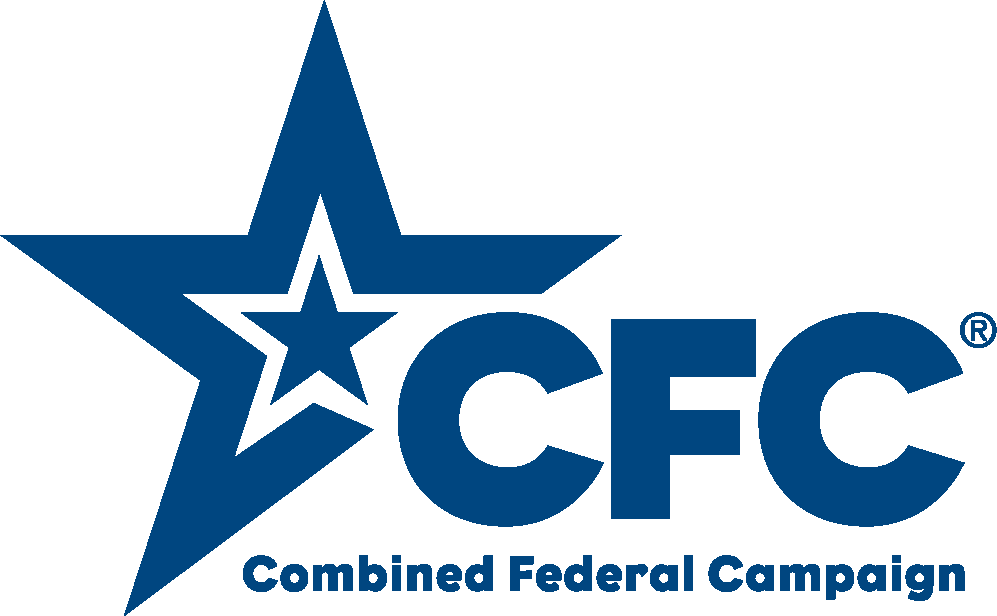
On June 22nd, the Baltimore City Council passed Mayor Scott’s budget, largely unaltered. This budget cycle brought some victories, but our work with our partners to create an equitable and community-centered budget that provides all Baltimoreans with what the Torah calls dei machsoro, resources sufficient for their needs, is far from over.
What’s in the Budget?
The largest allocation of funds, disappointingly, though unsurprisingly, is for the Baltimore Police Department. Their budget increased again, to $560 million. This increase puts the per capita cost of policing in Baltimore at $956 per person, per year – the highest per person spending in the country. With a rising police budget, and a declining population, Baltimore’s Police Department is costing residents more and more every year.
Our coalition partners’ analysis of the budget shows the ways our city’s priorities are misaligned. For every $1 spent on the Baltimore Police Department, Mayor Scott only allocated $0.61 for public schools, $0.15 for housing and development, $0.12 for homeless services, $0.11 for recreation and parks, and an especially inadequate $0.01 for substance use and mental health treatment services.
That said, while we still have a long way to go, we did see some victories in this year’s budget. The Fair Elections Fund, which supports candidates running for local office without corporate donations and influence, was allocated $2 million. Baltimore City Public Schools received a $65 million funding boost (though most of this was legally mandated by the Kirwan Commission), and $1.3 million was allocated to address vacant housing.
The City Council’s decision to cut $500,00 from the Sheriff’s budget after that office doubled down on its unconstitutional eviction practices was another victory. Mayor Scott also committed to putting that money into the currently-unfunded Right to Counsel program, to ensure that low-wealth tenants have access to legal representation during eviction proceedings. We thank Councilmembers Ramos, Cohen, Dorsey, Conway, Torrence, Burnett, Bullock, and Porter for standing with Baltimore’s renters.
On balance, the FY23 budget largely upholds the status quo. Baltimore City’s leaders voted to spend more money on police than on health, housing, and workforce development combined, despite the overwhelming evidence that more police and more spending on policing does not make communities safer. We are disappointed and frustrated that our and our partners in the Campaign for Justice, Safety, and Jobs coalition call to take $100 million from the Baltimore Police Department and reinvest it into Black & brown communities went unheeded. At both the Board of Estimates and City Council Taxpayer’s hearings, every person who spoke agreed that this money should be spent addressing the root cause of crime: unmet needs. We should be working to make sure that all residents have access to quality housing, education, jobs, healthcare, and more – not increasing funding for policing.
Baltimoreans have spoken loud and clear for years – community members want to reinvest money from the police budget in Black and brown communities. It’s time the Mayor and City Council listen. We will keep working with partners to hold police accountable, and will continue working to get the equitable and community-centered budget Baltimore deserves.
Next Year Must be Different
In Baltimore, the Mayor drafts the budget in November and it’s all but finalized by the time it is released to the Council and the people in April. At that point, the Council itself has had very little power to make real, constructive changes to the budget, and the opportunities for public input into the budget come so late in the process as to be almost meaningless. Baltimore’s budget is our taxpayer dollars and we should have a real say in how that money is used.
The good news is that starting with the next budget cycle, thanks to the work of many of our coalition partners to pass a charter amendment to adjust this balance of power, the Baltimore City Council will finally be able to move funds around within the budget, not just make cuts and hope the dollars will be better spent. We urge the Council to use that new power to create a more equitable and transformative budget, and we call on Mayor Scott to make the budget process truly participatory for the Council and community by taking community input before the budget is drafted, and publicly releasing the draft budget far earlier in the process.




